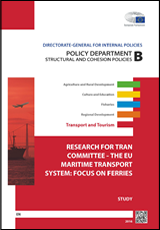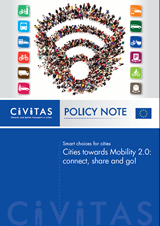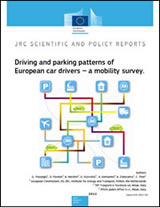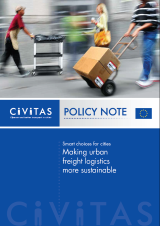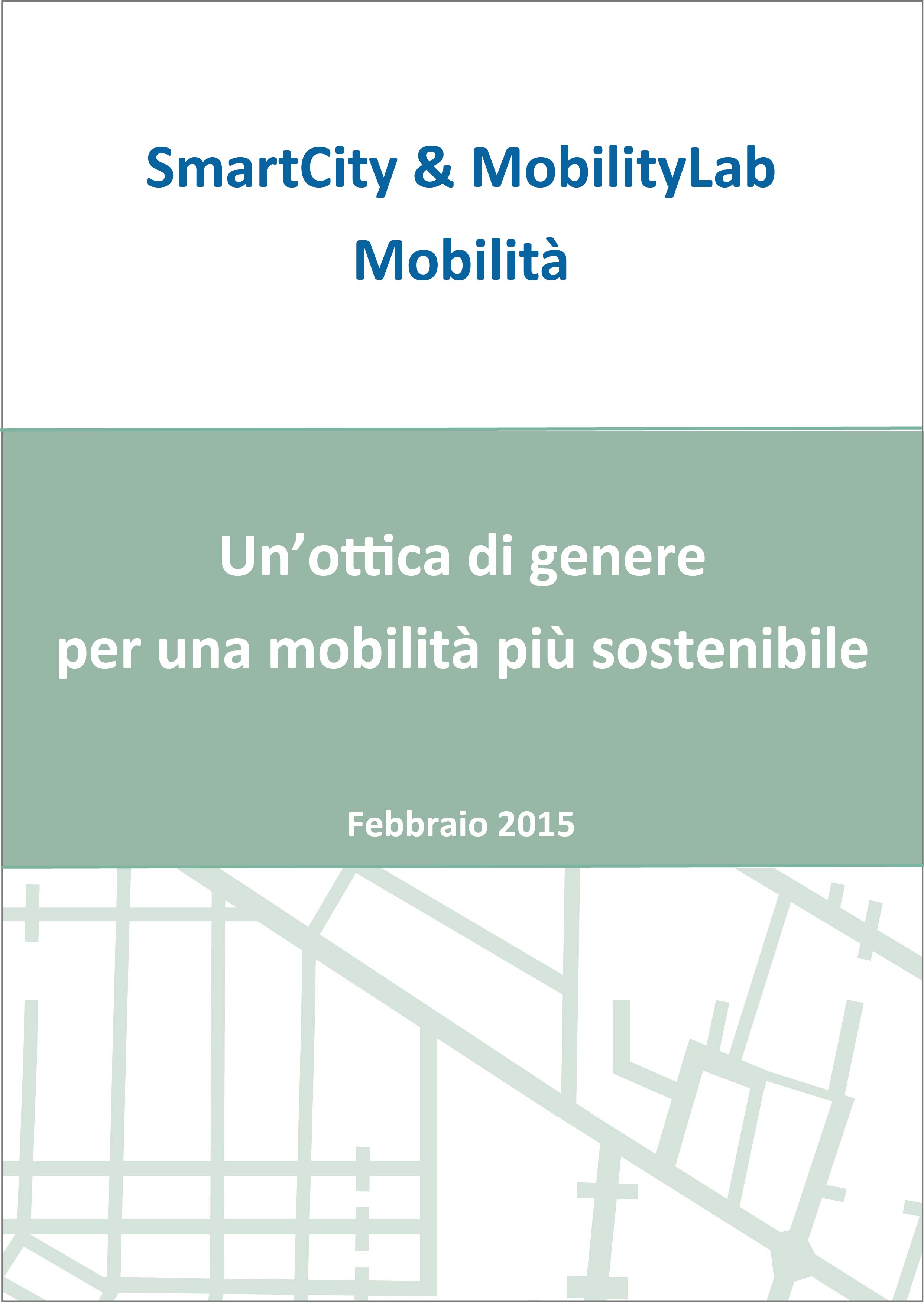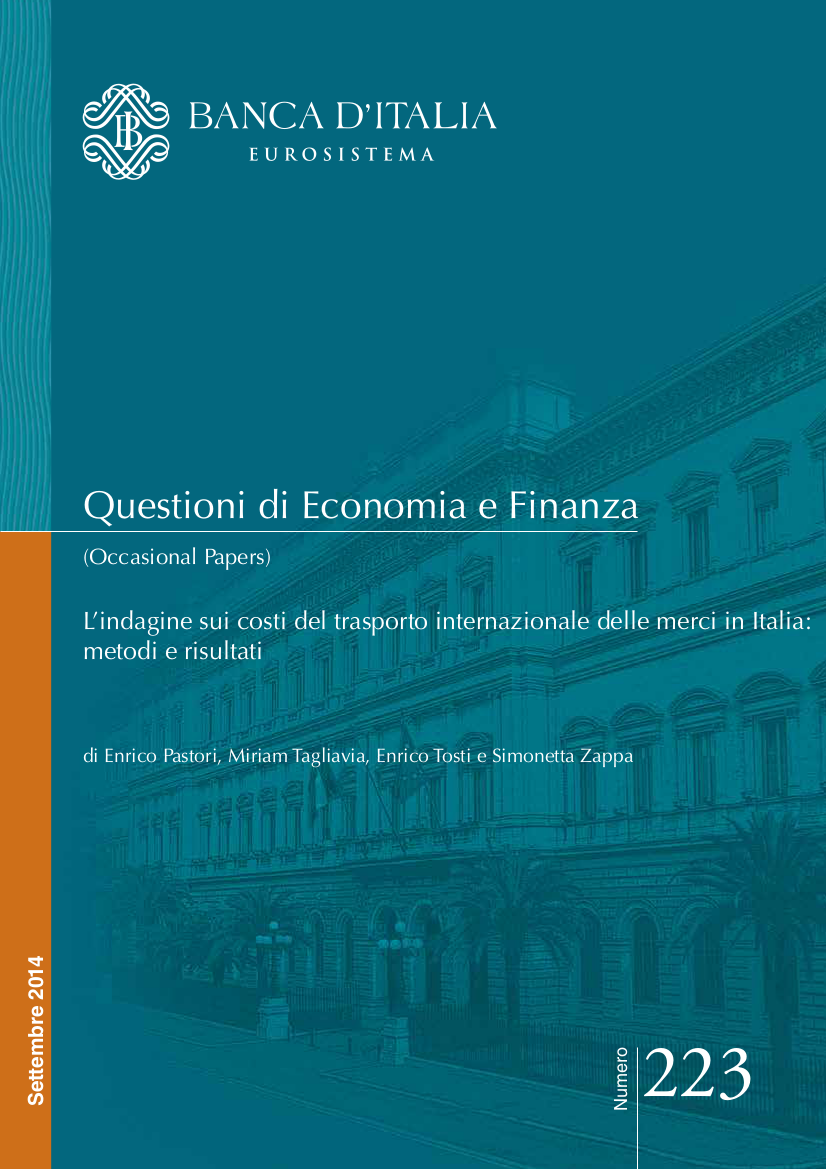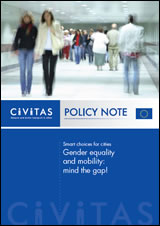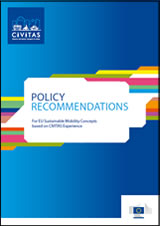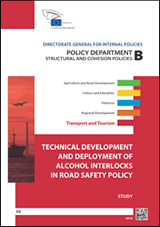Within the CIVITAS POINTER project, TRT, in cooperation with CDV, has drawn this document (edited by CIVITAS VANGUARD) on the main findings arising from the evaluation of the CIVITAS Plus Collaborative Projects (CPs), the most comprehensive and thematically broad phase of CIVITAS which ran from 2008-2012. Based on the evaluation results of the CIVITAS Plus edition and on the legacy of the previous editions, the aim of the document is to build a solid conceptual framework that allows for a thorough analysis of the elements needed to drive a successful shift towards sustainable urban mobility. Policy makers are thus provided with contemporary facts for debating purposes, and a number of conclusions and recommendations are provided in relation to each of the eight thematic area of CIVITAS PLUS. In the final section, the document delineates the main challenges that cities will have to cope with over the next decade and the role that urban mobility will play in shaping the attractiveness and liveability of European cities. In the next future, decision makers at different levels should consider more and more some key issues as: the need to develop policy packages of integrated measures, to intervene in major populated cities, to carefully consider each territorial peculiarity and to commit to develop policy actions in cooperation with local entities and representatives. Authors: Simone Bosetti, Patrizia Malgieri, Caterina Di Bartolo, Alessio Sitran, Hana Brůhová-Foltýnová, Petr Kurfürst, Radomíra Jordová, Danuše Smutková July 2014 [tw_fontawesome fa_size=”14″ fa_padding=”0″ fa_color=”#223468″ fa_bg_color=” ” fa_border_color=”#aaaaaa” fa_rounded=”0″ fa_rounded_size=”03″ fa_icon=”fa-download”] Download the study

